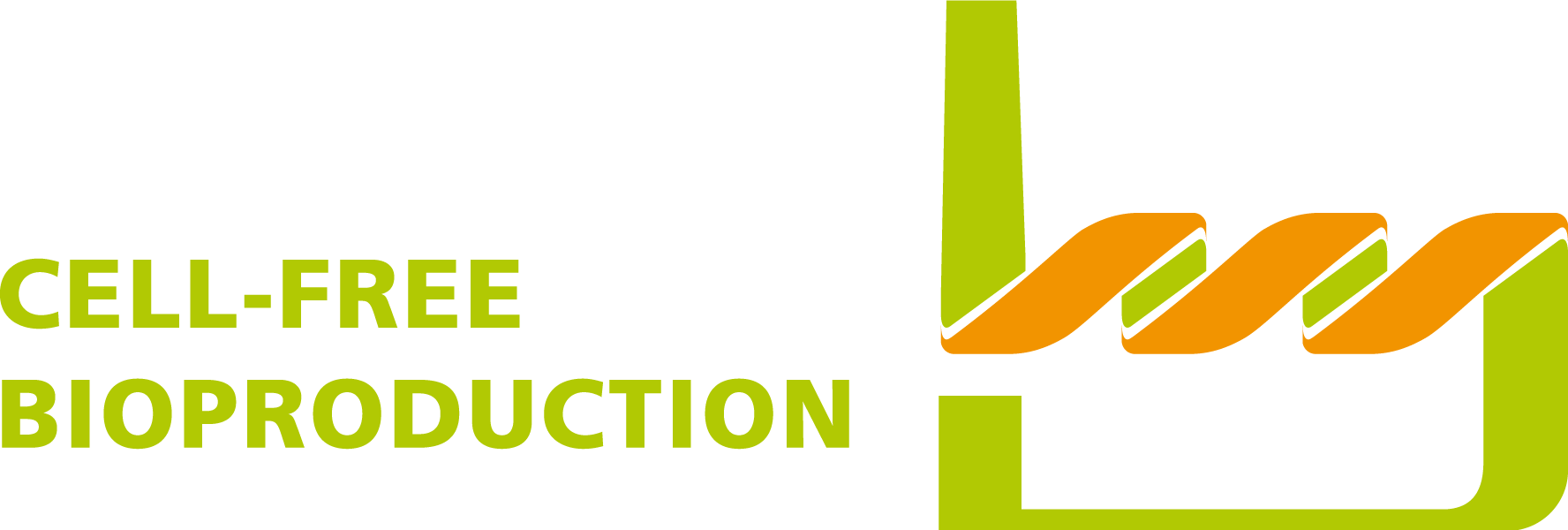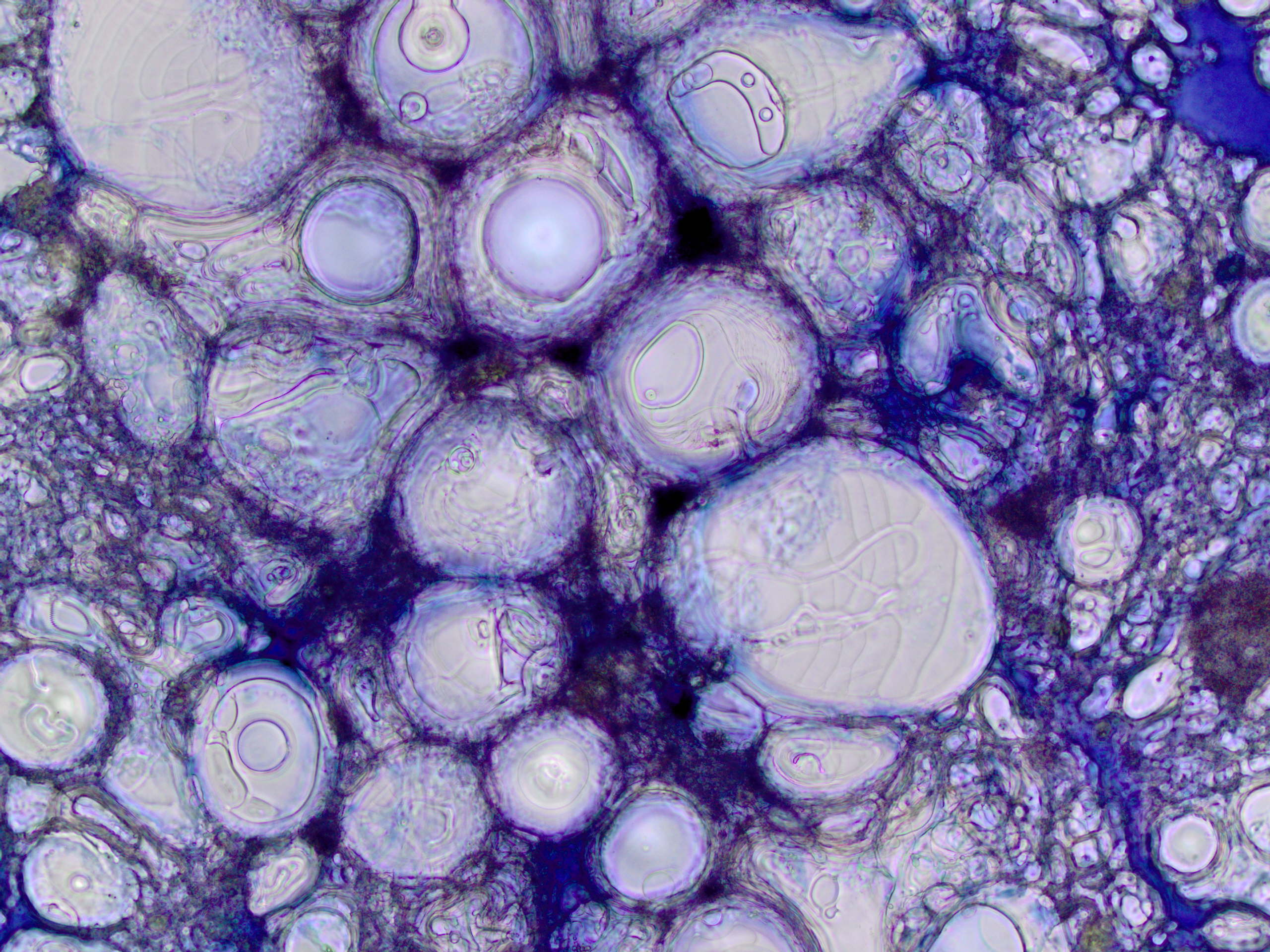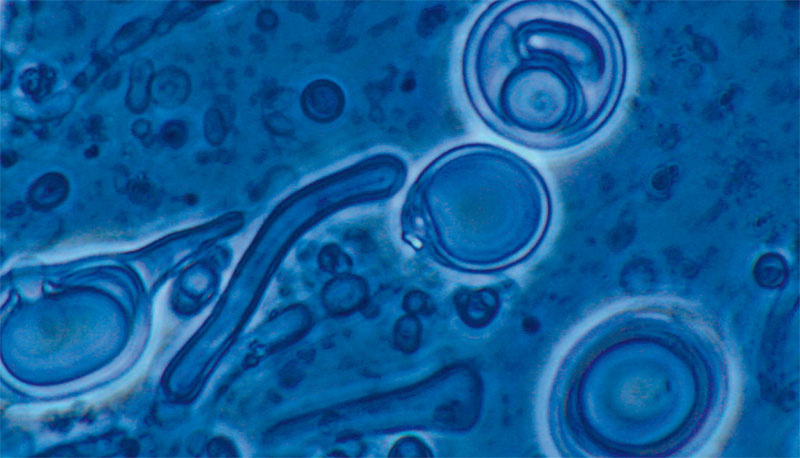The guiding idea of this ambitious project is to find efficient ways to synthesize proteins without relying on living cells. Many proteins can only be produced to a limited extent or not at all in microbial or cell cultures – for instance, proteins toxic to cells, toxin fusion proteins of interest to the pharmaceutical industry, or membrane proteins as targets for drug development. So-called in-vitro protein synthesis overcomes these disadvantages associated with living cells: here, the biomolecules are, in contrast to conventional methods, produced in cell extracts (lysates). The extracts basically retain only the protein synthesis machinery of the cell, with the effect that, for example, there is no longer a requirement to maintain a complex cellular metabolism with a plethora of products. Instead, the synthetic potential of the lysate can be focused solely on actively synthesizing the desired product.
The project has identified, analyzed and optimized the first key parameters for the industrial realization of cell-free bioproduction, i.e. protein synthesis. The new insights acquired have already facilitated a tenfold reduction in the cost of small and medium-scale protein production. The Fraunhofer IGB is using cell-free lysates to develop specific antibodies that can modulate excessive immune reactions and which might help to moderate septic shock. One of the biggest challenges on the road to industrial scale is the supply of energy to the cell-free lysates. With its successful use of the membrane-bound protein ATP synthase as an energy regeneration system, the Fraunhofer IGB has achieved first promising initial results here. The institutes are also cooperating closely on developing the reactors for the technology platform. The three different concepts being pursued are a microfluidic platform with separate compartments, a “continuous exchange cell-free system“ within hollow-fiber reactors, and upscaling in single-chamber reactors.

 Fraunhofer Institute for Interfacial Engineering and Biotechnology IGB
Fraunhofer Institute for Interfacial Engineering and Biotechnology IGB
